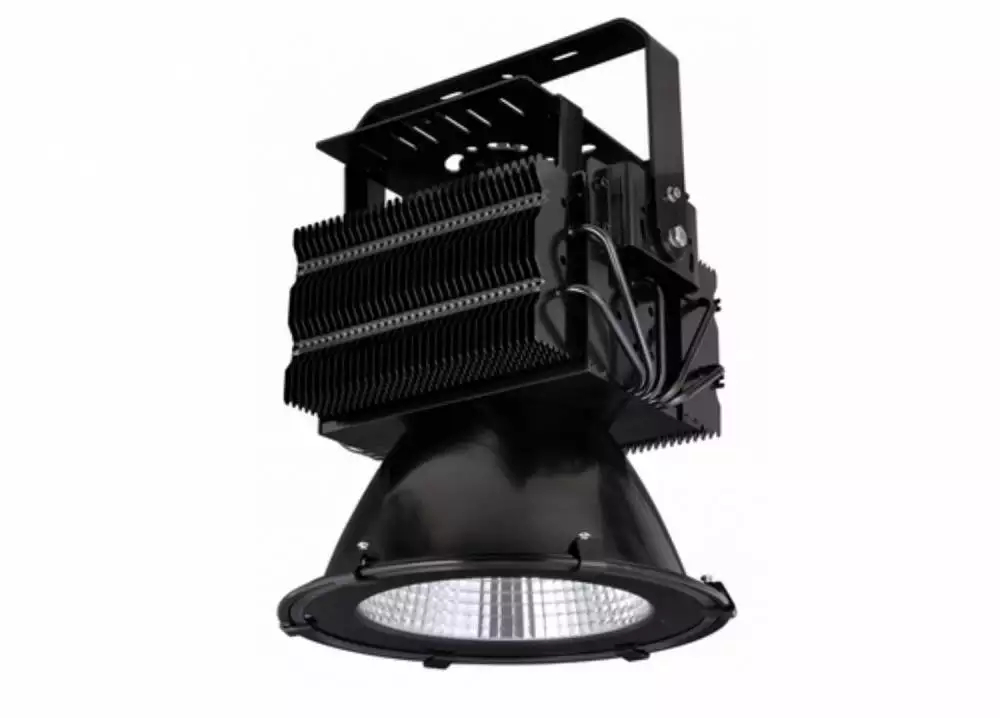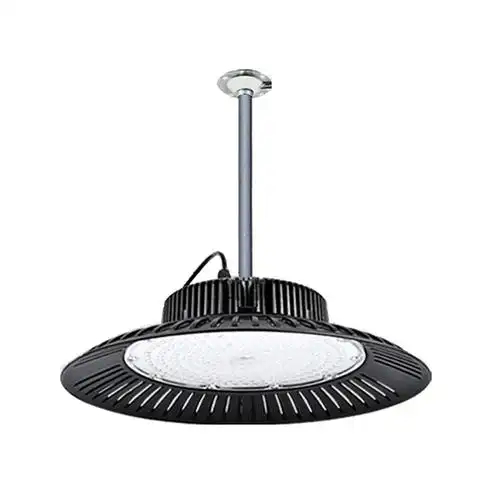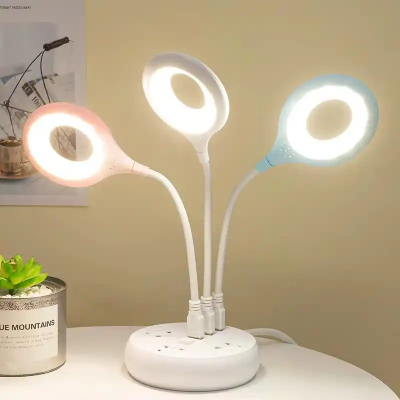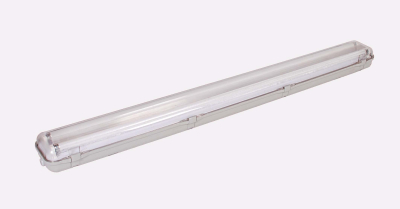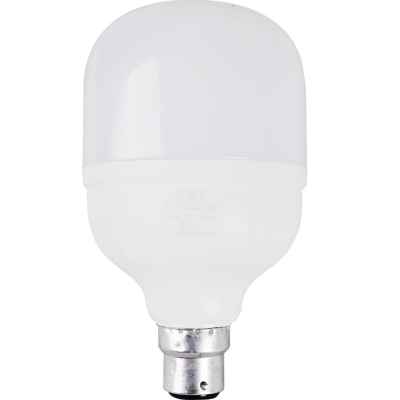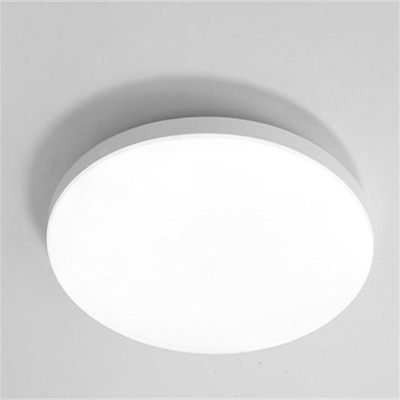IP44 And Above Factory Lighting
The IP (Ingress Protection) rating is a standard that indicates the level of protection a lighting fixture provides against the intrusion of solid objects and liquids. In a factory environment, where conditions can be harsh and unpredictable, having an appropriate IP rating for lighting is crucial to ensure safety, reliability, and long - term performance.
An IP44 - rated factory lighting fixture offers protection against solid objects with a diameter greater than 1mm. This is a significant improvement over lower - rated fixtures. In a factory setting, it can prevent a wide range of debris such as small metal shavings, wood chips, or plastic fragments from entering the light enclosure. These particles are common in manufacturing processes like machining, woodworking, or plastic molding. The protection helps maintain the integrity of the internal components such as the light source, electrical connections, and heat - dissipating elements.
The second digit "4" indicates that the fixture is protected against water splashing from all directions. This means it can withstand water jets projected by a nozzle with a specified pressure and distance. In a factory, this level of protection is useful in areas where there might be occasional water spray, such as near industrial cleaning stations, water - cooled machinery, or areas where hoses are used for cleaning or other operations.
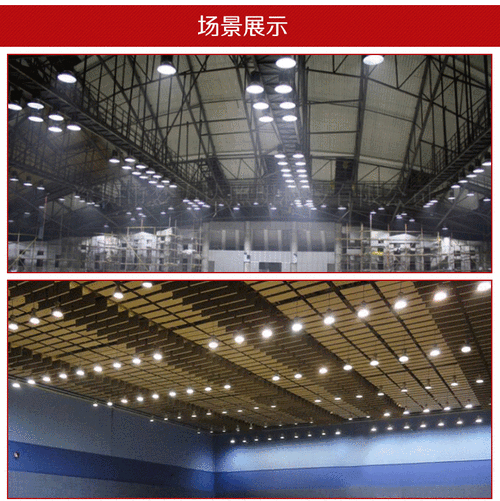
The housing of IP44 and above factory lights is constructed with high - quality materials and precision engineering. It's often made of durable metals like aluminum or stainless steel, or high - grade plastics that can withstand mechanical stress and environmental factors. The seams and joints of the housing are sealed tightly to prevent the ingress of both solid particles and water. Gaskets and seals play a crucial role in this regard. For example, silicone gaskets are commonly used to create a watertight seal around the edges of the housing and access points like the lens cover or cable entry points.
The lens of these factory lights is not only designed for efficient light distribution but also to enhance the protection level. It's usually made of a tough, impact - resistant material such as polycarbonate. The lens is sealed to the housing to prevent water and dust from getting behind it and affecting the light output. Optical components like reflectors are also protected. They are often coated or treated to resist corrosion and maintain their reflective properties even in a humid or dusty environment.
The electrical components, including the light source (which could be LEDs, high - intensity discharge lamps, etc.), ballasts (for non - LED sources), and drivers (for LEDs), are designed to be more resilient. They are usually encapsulated or potted to protect them from moisture and dust. The wiring is of high - quality insulation material and is routed in a way to avoid contact with water or conductive dust. Some fixtures may also have additional features like waterproof connectors and cable glands to ensure a secure and protected electrical connection.
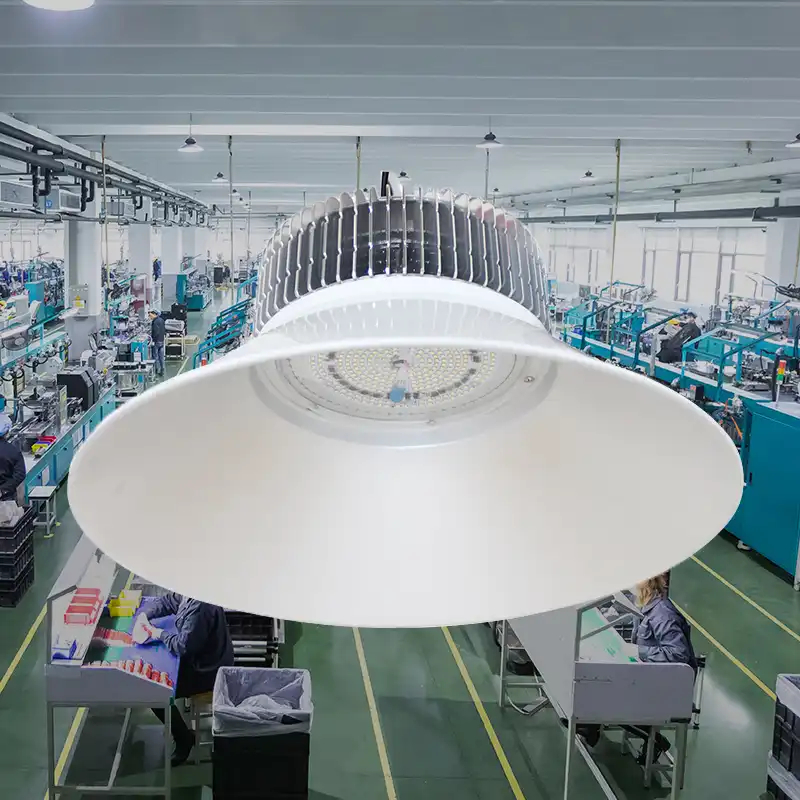
In food processing factories, where regular cleaning with high - pressure water jets is necessary to maintain hygiene standards, IP44 and above lights can be installed. They can withstand the water and chemical cleaners used during cleaning procedures. In metal - working factories, where cutting fluids and coolant sprays are present, these lights provide reliable illumination without the risk of damage from liquid ingress.
Outdoor factory spaces such as loading docks, storage yards, and walkways are exposed to rain, snow, and dust. IP44 and above lighting fixtures are suitable for these areas. They can provide consistent illumination even in adverse weather conditions, ensuring the safety of workers and the smooth operation of loading and unloading activities.
As the IP rating increases, the protection level becomes more stringent. For example, an IP65 - rated factory light provides a high level of protection against both dust (the first digit "6" means it's dust - tight) and water jets (the second digit "5" indicates protection against low - pressure water jets from any direction). IP66 - rated lights can withstand more powerful water jets, and IP67 - rated lights are even more resilient, often capable of withstanding temporary immersion in water up to a certain depth.
In extremely harsh industrial environments such as chemical plants, where there is a risk of chemical spills and heavy - duty cleaning procedures, IP65 and above lights are preferred. In outdoor mining operations or marine - related industrial facilities where equipment is constantly exposed to water, sand, and corrosive substances, the higher - rated IP lights can ensure reliable and long - lasting illumination.
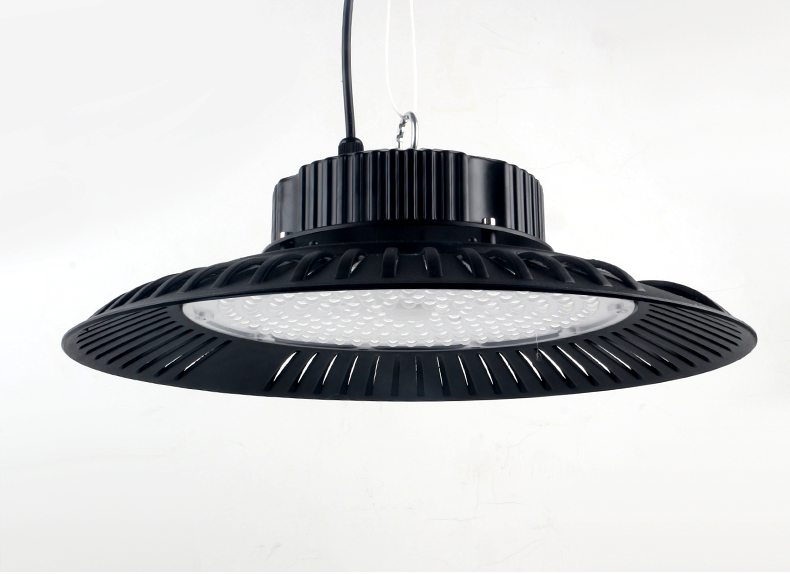
The enhanced protection against solids and liquids significantly increases the lifespan of the lighting fixtures. They are less likely to suffer from damage due to environmental factors, reducing the need for frequent replacement. This is especially important in a factory setting where downtime for maintenance can be costly.
By preventing the ingress of foreign objects and water, IP44 and above factory lights provide a safer lighting solution. There is a reduced risk of electrical hazards such as short - circuits caused by water or conductive dust. This ensures continuous and reliable illumination, which is crucial for maintaining a productive and accident - free factory environment.

